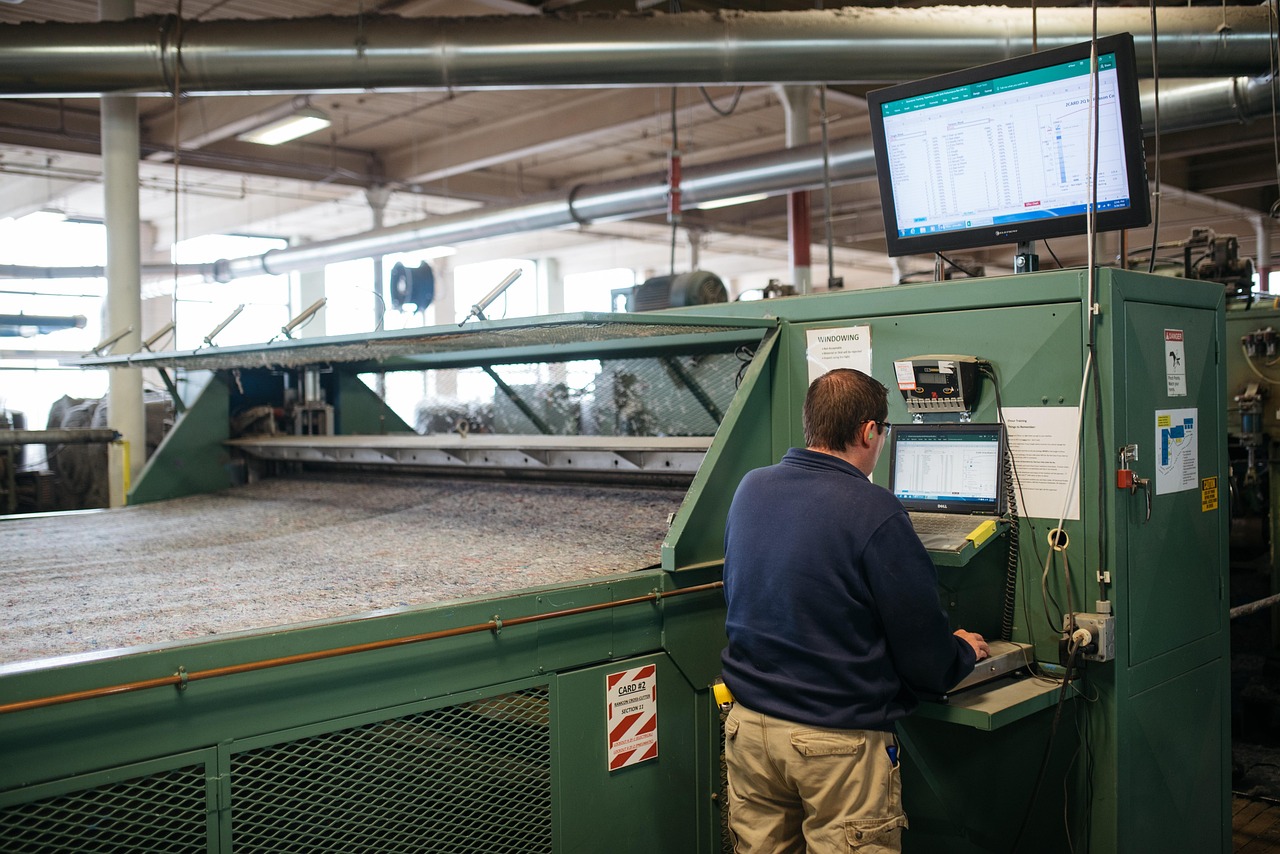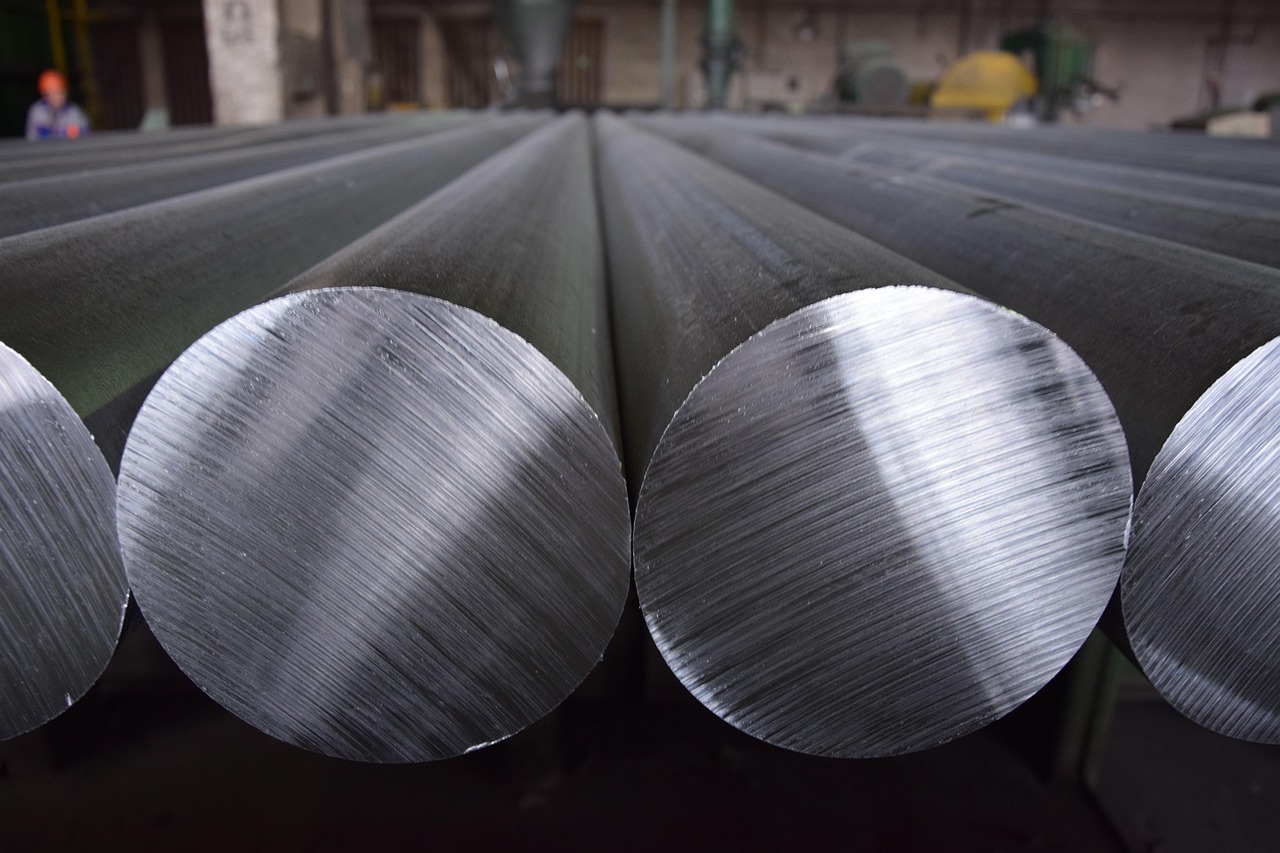The Rise of the Digital Twin
Digital twin green data technology is gaining popularity for its ability to enhance operational efficiency, reduce costs, and foster innovation across various industries. Several key factors contribute to its rise:
Advancements in IoT and Connectivity
As Internet of Things (IoT) technology has matured, deploying sensors and collecting green data from a vast array of devices has become more accessible and more cost-effective. This widespread green data technology availability is crucial for creating and maintaining digital twins.
Smart Grid Systems
In the energy sector, IoT sensors on electrical grids monitor performance data and demand in real-time, facilitating the creation of digital twins that optimize energy distribution and reduce outages.
Connected Vehicles
In the automotive industry, IoT-enabled vehicles continuously collect data on driving conditions and vehicle performance, allowing manufacturers to create digital twins for predictive maintenance and performance enhancements.
Increased Computational Power
Modern computational capabilities now allow for the complex simulations and real-time data processing required by digital twins. The growth of cloud computing services also provides the necessary infrastructure to support large-scale digital twin applications.
High-Performance Computing (HPC)
HPC systems provide the necessary computational power to perform complex simulations and analyses at unprecedented speeds, making the creation of highly detailed and accurate digital twins feasible.
Edge Computing
This technology allows data processing closer to the source of data generation, reducing latency and enabling real-time data processing and analysis essential for dynamic digital twin applications.
Enhanced Data Analytics
With advancements in big data analytics and machine learning, it’s now possible to extract more meaningful insights from the collected data. Digital twins leverage these insights to predict behaviors, optimize operations, and make informed decisions.
Predictive Analytics
Advanced machine learning algorithms analyze historical data to predict future events and trends, allowing digital twins to forecast equipment failures and optimize maintenance schedules.
Real-time Data Processing
Enhanced big data analytics enable vast amounts of data to be processed in real-time. This in turn, allows digital twins to provide immediate insights and adjustments for ongoing operations, improving efficiency, and reducing downtime.
Need for Improved Asset Management
Industries constantly seek ways to extend the life of their assets and reduce operational costs. Digital twins enable predictive maintenance, which can foresee and prevent failures before they occur. Businesses thereby save costs and extend asset longevity.
Predictive Maintenance
Digital twins can analyze data to predict when equipment will likely fail. These predictions allow maintenance to be scheduled before a breakdown occurs. This reduces unexpected downtime and extends the lifespan of assets.
Resource Optimization
By simulating different scenarios, digital twins help industries make data driven decisions to optimize resources such as energy, materials, and labor. This leads to significant cost savings and more efficient operations.
In conclusion, digital twin data technology is revolutionizing various industries by leveraging advancements in IoT, computational power, and data analytics. Its ability to improve asset management through predictive maintenance further underscores its value. Adopting digital twin green technology will likely become even more widespread as these data technologies evolve, driving efficiency, reducing costs, and fostering innovation across multiple sectors.
Spartan Scanning Solutions is here to help you decide if digital twin green technology is right for your business. Reach out to us today to schedule an appointment or download our ‘Decoding Digital Twin Tech Report’ white paper.




